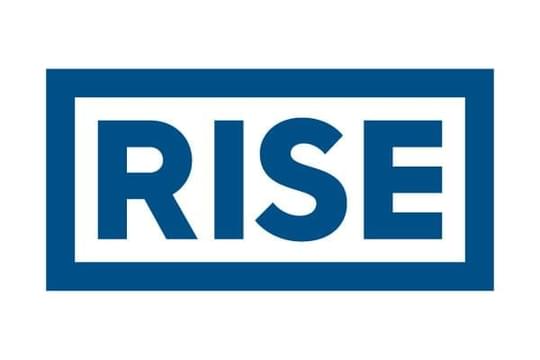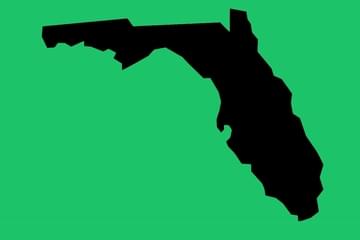Discover cannabis culture in Philadelphia, PA
Search dispensaries, delivery services, explore strains, read news & more.
A city rich in U.S. history, Philadelphia is the largest city in the state of Pennsylvania. This city played an instrumental role in the American Revolution as the meeting place for the founding fathers who signed both the Declaration of Independence and Constitution at Independence Hall near the Liberty Bell. Philadelphia was actually the largest city in the United States until 1790 when New York City finally surpassed the city’s population. Moreover, the city was home to many of the country’s firsts, including the first library, hospital, medical school, national capital, stock exchange, business school and zoo. Many visit the Philadelphia Museum of Art, not just for the many famous works of art on display, but for the steps outside - immortalized in the movie “Rocky” by Sylvester Stallone’s winning run. Fun for all ages, the Franklin Institute science and technology center has tons of exhibits on science and industry, physics, astronomy and history.
Unfortunately, recreational marijuana is not currently legal in the state of Pennsylvania, although the state did legalize medical marijuana back in 2016. Any Pennsylvania resident who has an approved medical condition and certified by a participating physician in the program. These medical conditions include:
-
Amyotrophic lateral sclerosis;
-
Anxiety disorders;
-
Autism;
-
Cancer, including remission therapy;
-
Crohn's disease;
-
Damage to the nervous tissue of the central nervous system (brain-spinal cord) with objective neurological indication of intractable spasticity, and other associated neuropathies;
-
Dyskinetic and spastic movement disorders;
-
Epilepsy;
-
Glaucoma;
-
HIV / AIDS;
-
Huntington's disease;
-
Inflammatory bowel disease;
-
Intractable seizures;
-
Multiple sclerosis;
-
Neurodegenerative diseases;
-
Neuropathies;
-
Opioid use disorder for which conventional therapeutic interventions are contraindicated or ineffective, or for which adjunctive therapy is indicated in combination with primary therapeutic interventions;
-
Parkinson's disease;
-
Post-traumatic stress disorder;
-
Severe chronic or intractable pain of neuropathic origin or severe chronic or intractable pain;
-
Sickle cell anemia;
-
Terminal illness; and
-
Tourette syndrome.
Those who do not have an MMJ Card should not legally possess any marijuana. Possession of fewer than 30 grams of flower is a misdemeanor and punishable by a $500 fine and/or 30 days in jail.
Philadelphia Resources:
- https://criminallawpennsylvania.com/philadelphia-drug-lawyer/marijuana/charges/
- https://www.health.pa.gov/topics/programs/Medical%20Marijuana/Pages/Medical%20Marijuana.aspx
- https://norml.org/laws/pennsylvania-penalties-2


















